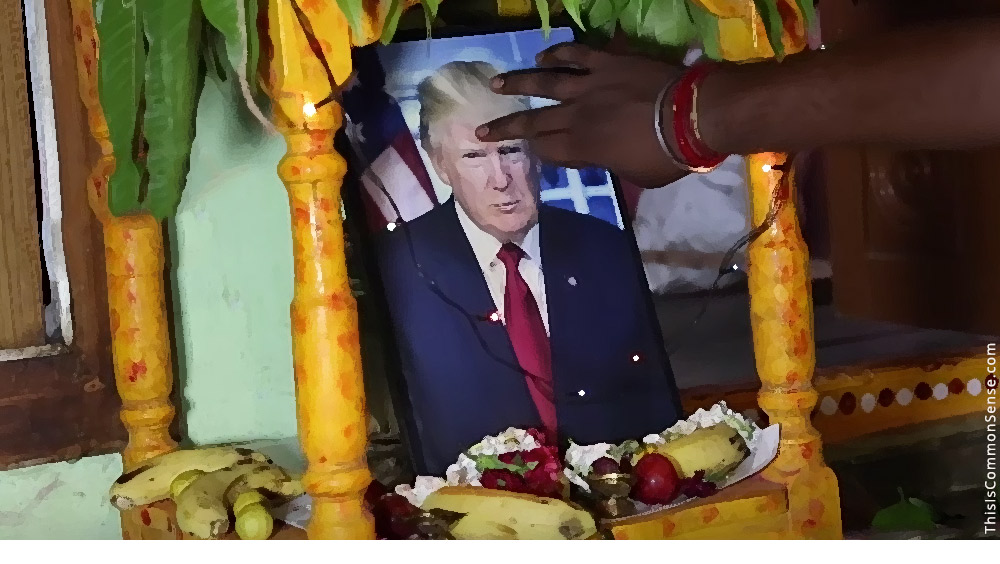Having the federal government centrally plan the economy is “a huge waste of everyone’s time and resources” states an amazingly common-sensical Washington Post editorial.
“In a well-functioning modern economy, businesses are generally free to buy and sell the things they need, absent a compelling public need for government intervention,” the editors further expound.
Hmmm, a capitol-town rag that regularly extols the virtues of big government regulation of everything now notices the importance of freedom.
Of avoiding, especially, a system where bureaucrats and other government bullies micromanage commerce.
“Were we directed from Washington when to sow and when to reap,” Thomas Jefferson wrote long ago, “we should all want for bread.”
And aluminum.
“Worse,” the Post argues, the system “also politicizes — and, indeed, corrupts — economic life. Companies that feel threatened by any particular tariff exclusion request have the right to present their objections to the Commerce Department, meaning that each decision represents a high-stakes competition for federal favor between at least two companies with every incentive to influence it through lobbying, campaign contributions, you name it.”
Correct. It seems we may have Donald Trump to thank for opening the Post’s eyes.
“[T]he way to get ahead in Mr. Trump’s economy,” those editors conclude, “is not making better products for the people, but making better connections in Washington.”
Tragically true.
But, sadly, true long before Mr. Trump entered the White House. No new powers have been given to Trump.
Let’s drain the stinking Washington swamp. Let’s end the corrupting influence of a regulatory state run amok. Let’s limit the power of the people wielding political power.
How?
Free the markets!
This is Common Sense. I’m Paul Jacob.











